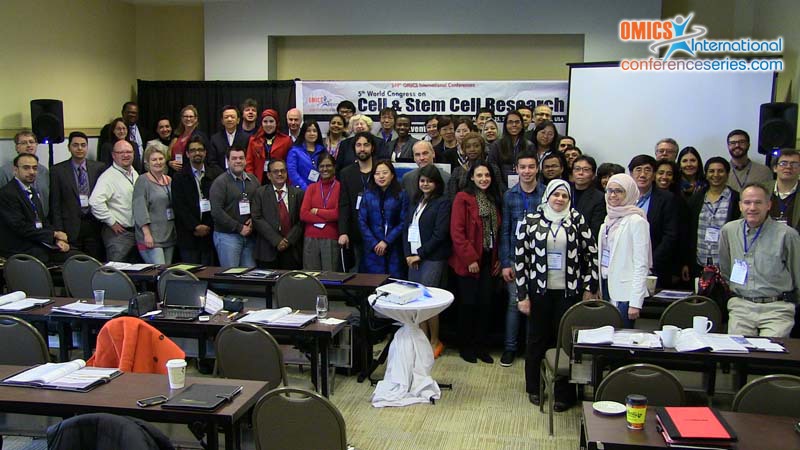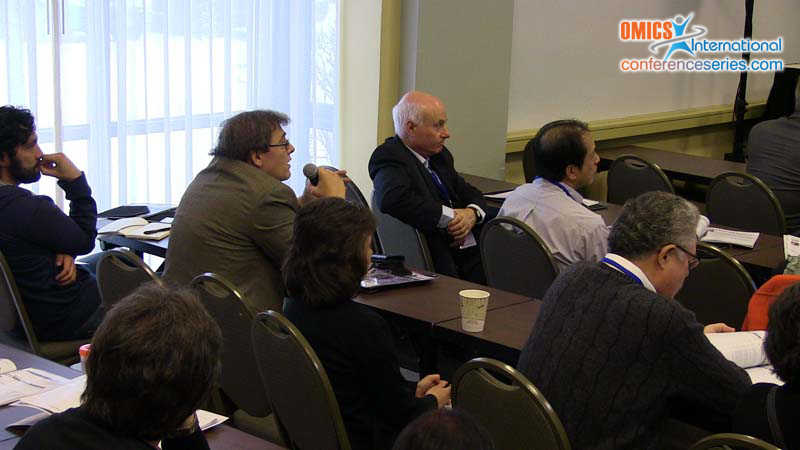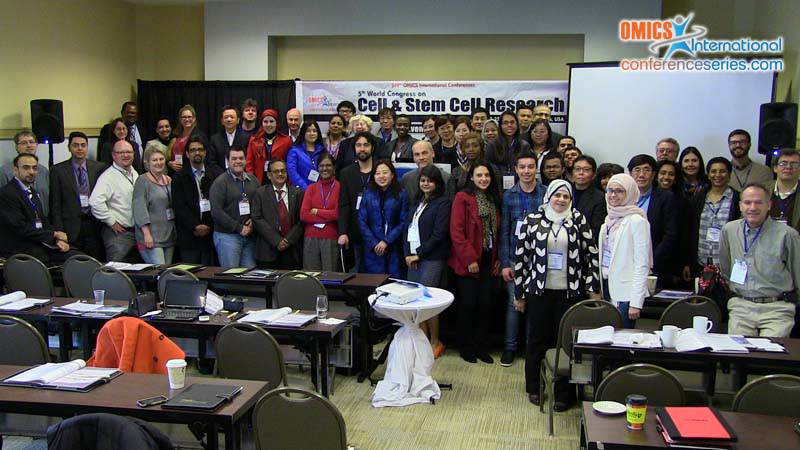
Mei Wan
Associate Professor
Johns Hopkins University School of Medicine
USA
Title: Mobilization and Differentiation of Multipotent Nestin+ Stem Cells during Arterial Remodeling
Biography
Biography: Mei Wan
Abstract
Multipotent mesenchymal stem cells (MSCs) can mobilize into the circulating blood under many circumstances, such as serious disease, injury, or stress. MSCs then migrate to the remodeling sites and differentiate toward distinct lineages of cells. However, the primary factors and signaling pathways that control MSCs recruitment to the injured sites and their commitment/differentiation into lineage-specific local cells are largely unknown. Here we show that active TGFβ controls the mobilization of MSCs to circulating blood in response to arterial injury and their recruitment to the target sites, where the cells give rise to either endothelial cells to repair the damaged endothelium or smooth muscle cells (SMCs)/myofibroblasts contributing to intimal hyperplasia. In our animal models of arterial injury, about 50% of the neointimal cells were derived from MSC lineages. Using an ex vivo cell migration assay established in our laboratory, we found that TGFβ activated from the injured vessels induces MSC migration, and this effect is mediated by Smad-MCP1 signaling cascade. Moreover, active TGFβ produced from the injured vessels also activated RhoA-ROCK signaling in MSCs and induced their differentiation to SMC/myofibroblastic neointimal cells. Inactivation of ROCK maintains the stemness of MSCs and their differentiation capacity to endothelial cells. Importantly, treatment of the arterial injured mice with ROCK inhibitor promoted re-endothelialization and inhibited neointima formation of the vessels. Thus, pharmacotherapies that inhibit RhoA-ROCK signaling offer a new therapeutic target for treating cardiovascular disease by promoting endothelium repair and inhibiting pathological intimal hyperplasia.




